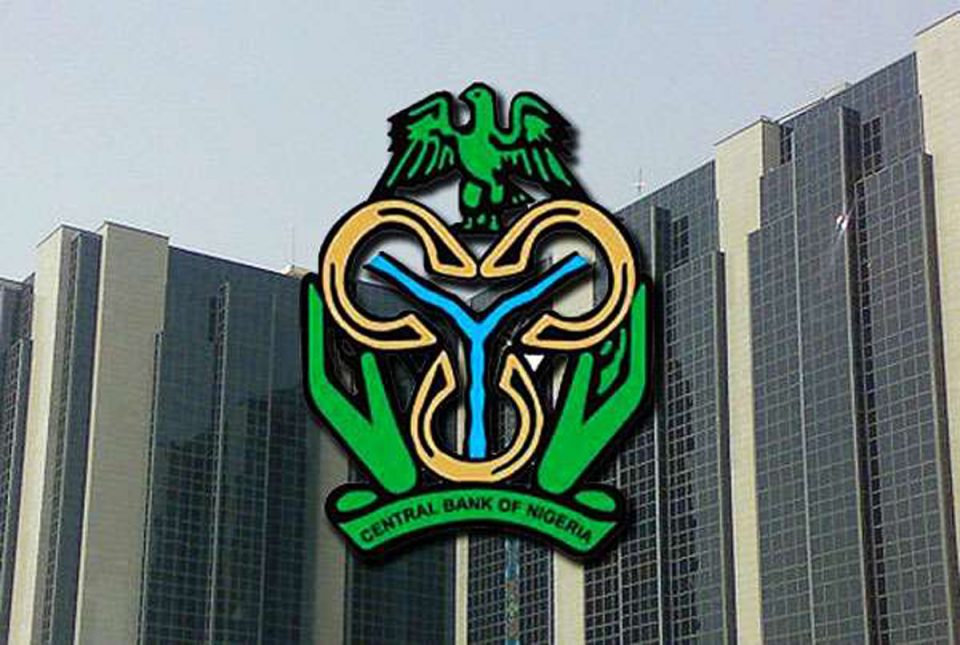The Central Bank of Nigeria (CBN) has banned transfer of foreign exchange (forex) from one customer to another.
According to the apex bank, forex cash lodgements into domiciliary accounts can only be done by the account owners henceforth.
An internal memo available in the media space explains that the new guidelines are necessary to review the utilisation of inflows into customers domiciliary accounts.
The circular states: “Forex inflows cannot be credited to customers until the legitimacy of funds is established.
“They can have unfettered access by telegraphic transfers up to a limit of $40,000 monthly for payment of medical bills, school fees, subscription to professional bodies subject to existing CBN guidelines.
“Transfers from one customer to another is prohibited. Transfer within related companies is allowed subject to a limit of $50,000 per month.”
It recommended that proceeds from non-oil exports should be sold to banks, used for repayment of dollar term loans, and self-utilisation for trade transactions for LC, bills and Form A. Also oil export proceeds from E&P companies are to be used to pay contractors and service providers employed by the oil companies in addition to the recommended uses for non-oil FX proceeds.
Offshore forex inflows from other Nigerian banks and internal account to forex transfers sourced from offshore inflows are to be used for trade transactions subject to eligibility for E-Form M.
“Upon confirmation of the legitimacy of the inflows, customers can have unfettered access, subject to a maximum of $50,000,” the document read.
“Utilisation for trade transactions subject to processing of eligible trade transactions using E-Form M. Payment for services must be backed with demand note from offshore beneficiary and other regulatory documents. “Related party transfers are allowed to the maximum of the inflow received. The transfer request should be backed by a signed instruction from the account holder.” Payment of government fees and levies are also allowed to the maritime, oil and gas, aviation. government parastatals and export processing zones.



